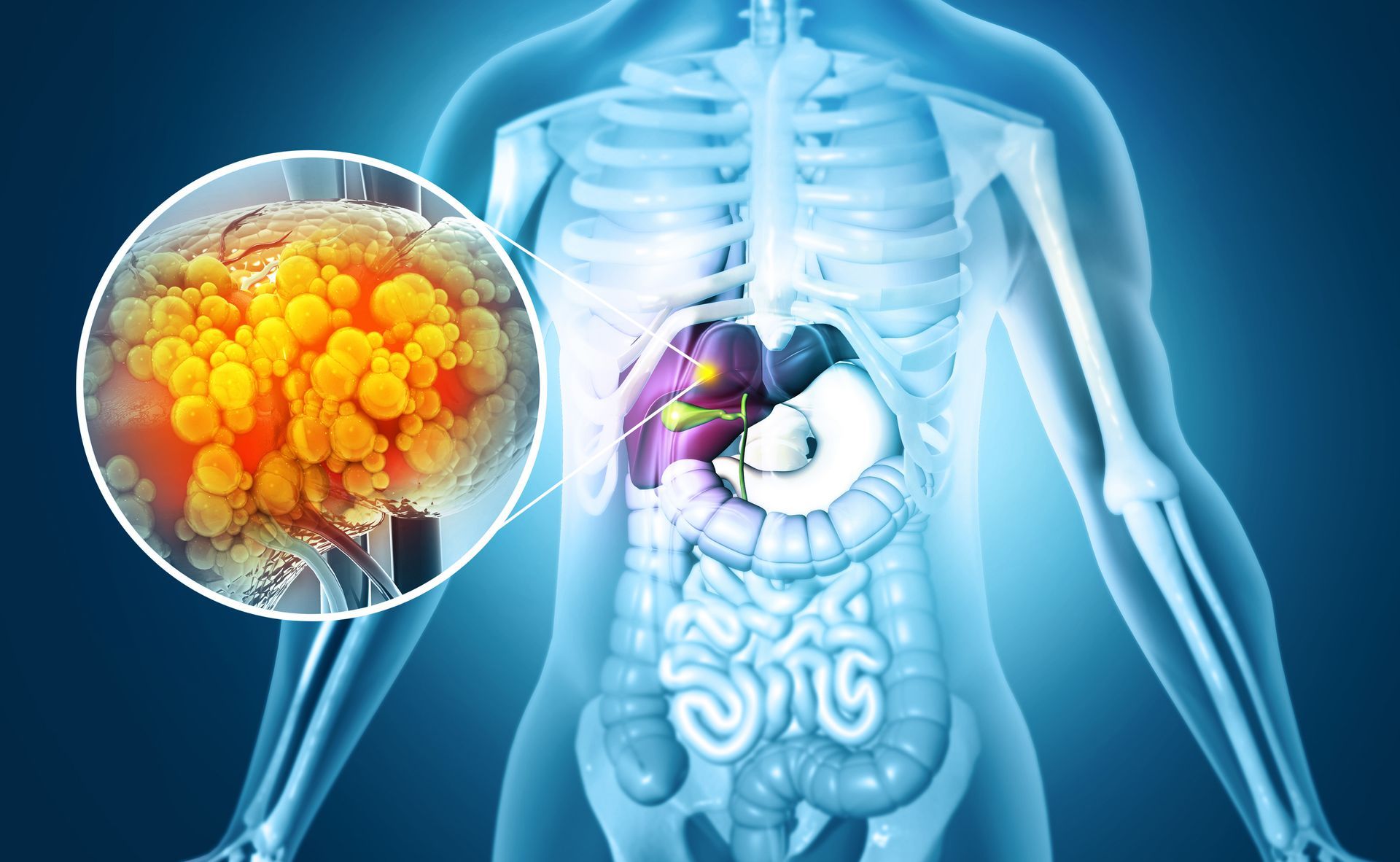Irritable Bowel Syndrome Treatment: The Causes and Symptoms of IBS
Irritable Bowel Syndrome, commonly referred to as IBS, is very common digestive condition that affects the large intestine. In fact, over 35 million Americans, and 15% of the global population experience the impact of IBS. Those that suffer from this chronic condition have abdominal pain, constipation, and diarrhea. While the exact origin of IBS is not fully known, there are are variety of triggers and factors that play into the development of irritable bowel syndrome or the triggering of IBS symptoms.
What is Irritable Bowel Syndrome (IBS)?
IBS is a functional gastrointestinal disorder that influences the way you GI tract functions. This condition is also known as a spastic colon or nervous indigestion. Irritable Bowel Syndrome can be classified according to a patient’s stool sample. There are three categories: IBS with diarrhea, IBS with constipation, and IBS mixed. Signs and symptoms can vary from person to person and can dramatically change from time to time.
Symptoms of Irritable Bowel Syndrome (IBS)
Painful flair ups and IBS attacks can happen at different intervals. The key symptoms of IBS include:
- Excessive gas and bloating
- Abdominal cramping and pain
- Diarrhea
- Constipation
- Lack of energy
- Nausea
- Flatulence
- Incontinence
- Loose stool
- Mucus in the stool
There are other, less common symptoms like sleeping issues, back pain, and urinary troubles. Those that suffer with GERD or other GI conditions are more prone to irritable bowel syndrome. Side effects like fatigue, depression, and anxiety can also accompany an IBS diagnosis.
Causes of Irritable Bowel Syndrome (IBS)
While IBS can appear to occur for no distinguishable reason, there are some specific and genetic factors that can lead to an IBS diagnosis. The factors that influence Irritable Bowel Syndrome include:
- Emotional distress
- Smoking
- Food sensitivities or intolerances
- Hormonal changes
Treatment for Irritable Bowel Syndrome (IBS)
In order to diagnose IBS, a symptom typically needs to persist for more than 12 weeks. While there isn’t a test that identifies IBS, symptoms and outlying factors, as well as medical history can be assessed to rule out other potential diseases, syndromes, or conditions. IBS can be a chronic condition, which will influence treatment plans. However, symptoms can be managed and mitigated with a dietary plan.
If you have been experiencing these symptoms, or feel like you have a gastrointestinal issue that needs to be addressed, the expert staff at Digestive Diseases Center is here to help.
CONTACT
850-763-5409
ADDRESSES
4 LOCATIONS
204 E 19th Street, B, Panama City
12216 Panama City Beach Pkwy, D, Panama City Beach
4295 3rd Ave, Marianna
101 Good Morning St., 109B, Port St. Joe
Subscribe to our newsletter:
subscribe to our newsletter
We will get back to you as soon as possible.
Please try again later.



